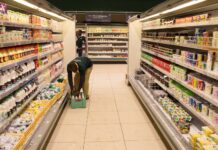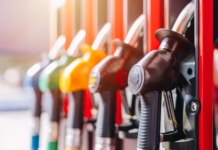(Reuters) – Spain has partnered with the World Bank to help countries free up money to spend on sustainable development projects via debt swaps, the country’s Ministry of Economy said on Tuesday.
With rich governments cutting official development aid and many countries spending more on servicing debt than on development, nations are turning to creative ways to find cash to support projects ranging from protecting coral reefs to paying for water sanitation projects and schools.
The Global Hub for Debt Swaps for Development, launched at the Finance for Development summit in the Spanish city of Seville, will provide technical and financial assistance as countries look to reallocate finance to projects like food security and climate adaptation, the Spanish government said.
Nations from Barbados to the Ivory Coast have used debt-swap mechanisms in the last year to buy back more expensive loans or bonds and refinance them at cheaper rates, while pledging to use the savings for social and environmental projects.
But critics say such deals can be time-consuming, costly and hard to replicate, which has prevented more widespread adoption of a tool advocates say is critical to helping countries reduce debt burdens and address development issues.
“We have heard loud and clear the message from many countries: we need practical tools that make debt swaps simpler, faster, and more accessible,” Spain’s Minister of Economy, Trade, and Business Carlos Cuerpo said.
Spain will contribute 3 million euros ($3.54 million) to support the Hub, while the World Bank said it will host a “multi-partner trust fund to finance technical assistance”.
“By turning successful pilot projects into repeatable solutions, we can ease debt burdens and unlock investments in education, health, and opportunity,” World Bank Group President Ajay Banga said.
Efforts by multilateral lenders and governments to support the market have materialized amid concerns that crucial U.S. backing for such deals – particularly those with a climate or nature focus – is drying up under President Donald Trump.
As of July 1, no market-based deals had been completed.
Still, demand for broader development swaps remains strong, Inter–American Development Bank (IDB) President Ilan Goldfajn said at a news conference in Seville on Tuesday. The IDB has been involved in five of the last nine debt-for-nature swaps.
“We are getting demand for debt for education, debt for health,” he said. “Those are things that have been under construction. Let’s see how they evolve.”
In an effort to spur wider adoption of debt swaps, a group of investors and development bank professionals, lawyers and non-governmental organizations convened by the Nature Conservancy, which has spearheaded the nature-swap market, on Tuesday published a best practices guide for such deals.
($1 = 0.8470 euros)



















